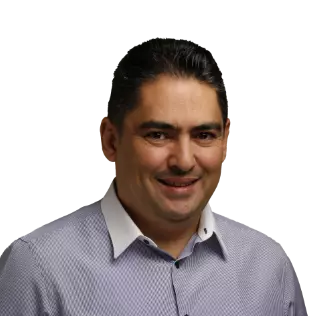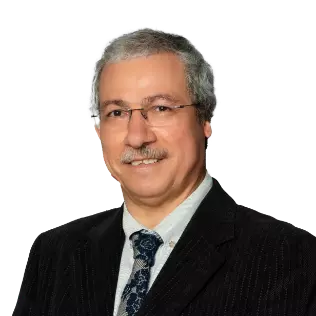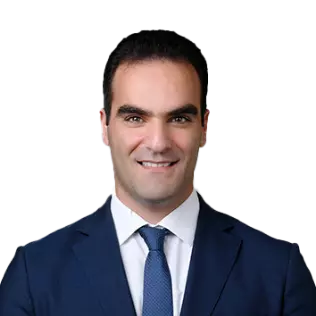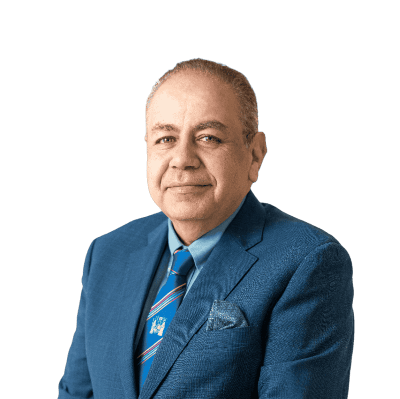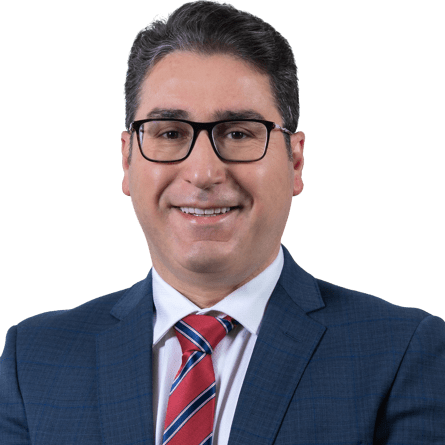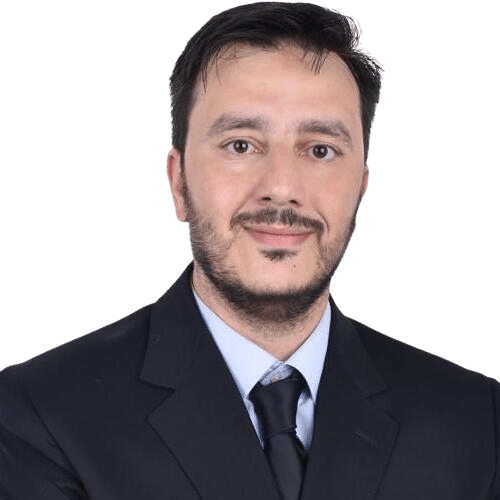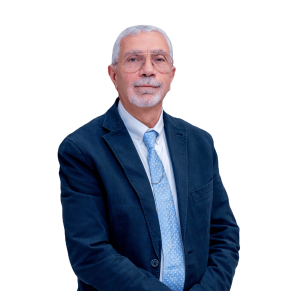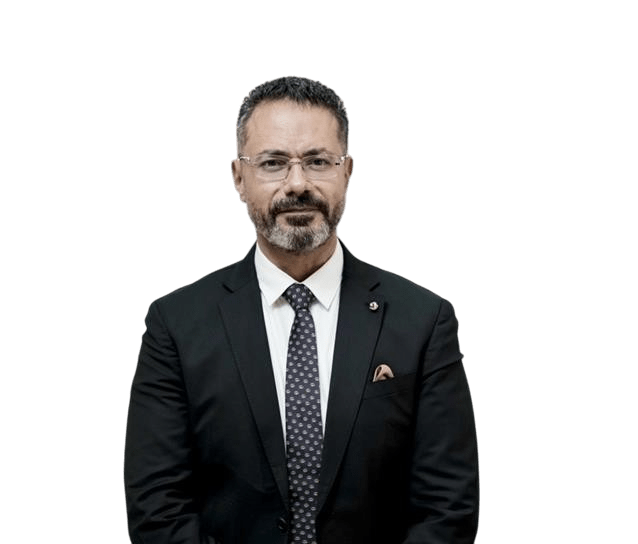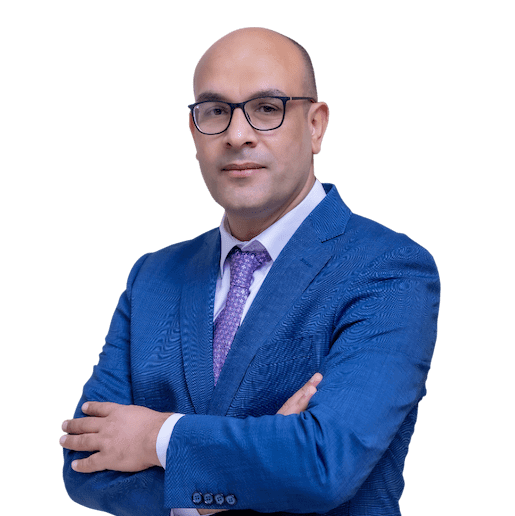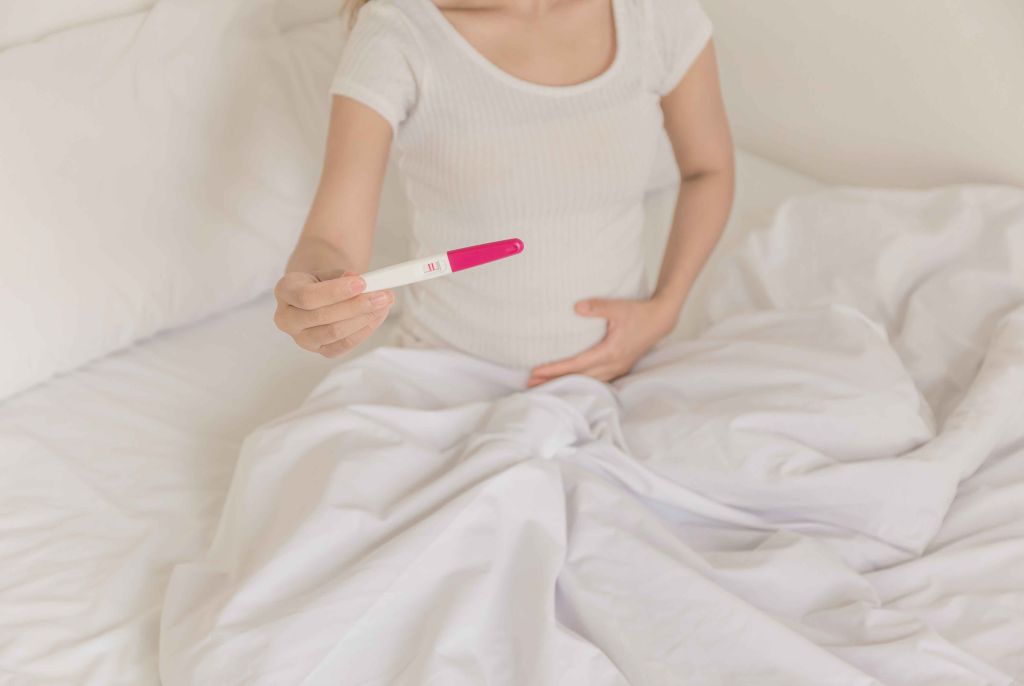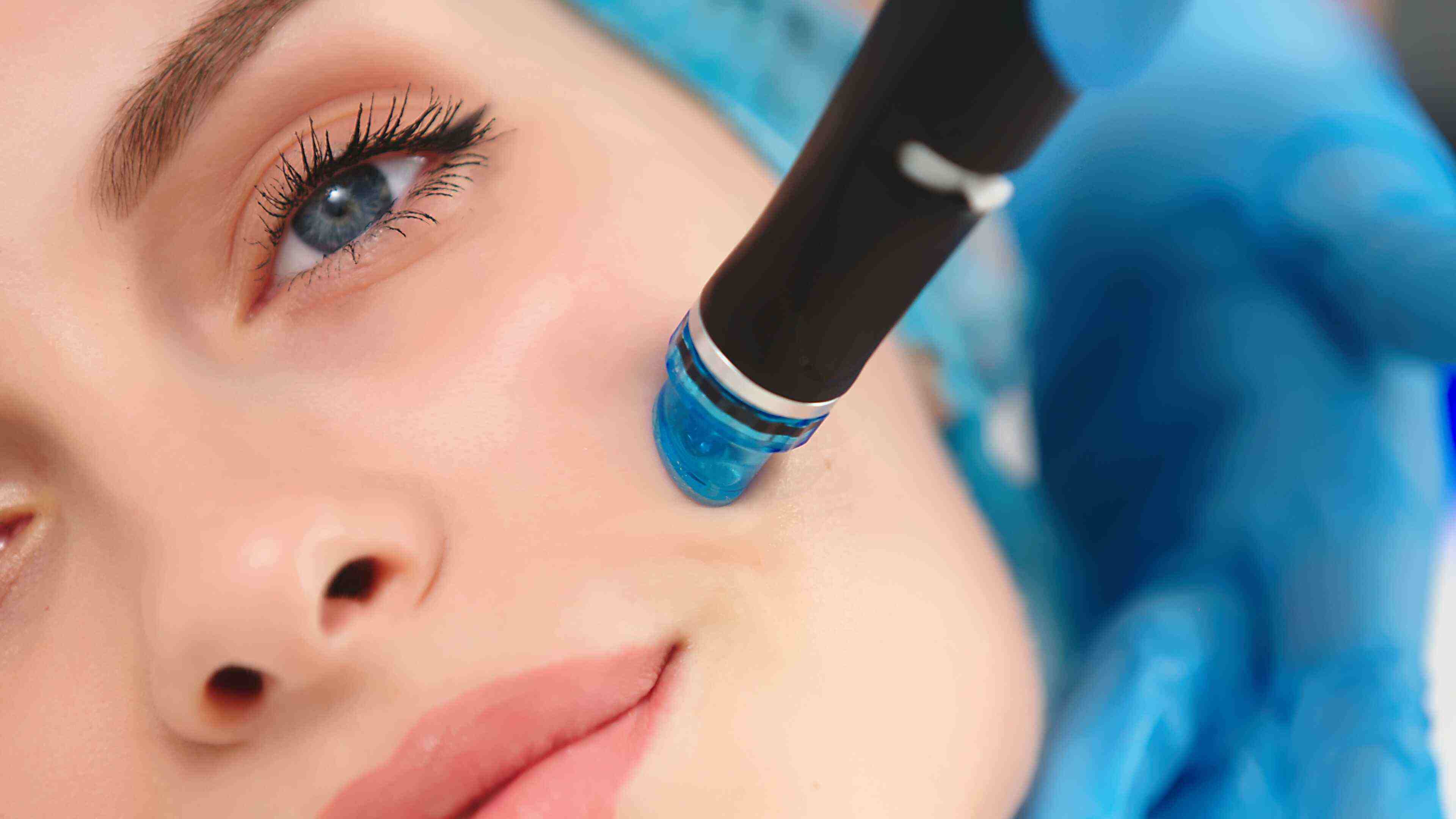Cardiac Arrest: Causes, Symptoms & Treatment
Written By: Dr. Brajesh Mittal
Updated On:January 24, 2024

What is Cardiac Arrest?
The sudden cessation of all heart function as a result of an abnormal heart rhythm is known as sudden cardiac arrest (SCA). In the case of SCA, the breathing stops, and the patient loses consciousness. Sudden cardiac arrest might result in mortality if it is not treated right away.
Cardiopulmonary resuscitation (CPR) and shocks to the heart administered by an automated external defibrillator (AED) are emergency treatments for sudden cardiac arrest. With prompt, effective medical care, survival is possible.
Causes of Cardiac Arrest
Most sudden cardiac arrests are brought on by arrhythmias, which are abnormal heart rhythms. Ventricular fibrillation is the most prevalent life-threatening arrhythmia as it is an irregular, jumbled impulse from your heart's ventricles (lower chambers). Your heart is unable to pump blood when this occurs. If untreated, you could pass away in a matter of minutes.
Additional reasons for sudden cardiac arrest include the following:
- Cardiovascular disease
- Congenital heart problems
- Changes to the structure of your heart brought on by illness or infection
- Excessive exercise or blood loss
Moreover, the majority of sudden cardiac deaths are due to coronary artery disease. Congenital (present from birth) cardiac problems or genetic abnormalities in the heart's electrical system are frequently the reason in younger people. The reason is more frequently associated with coronary artery disease in adults 35 and older. Other causes for cardiac arrest include the following:
- Alcohol use
- Obesity
- Hypertrophic cardiomyopathy
- Arrhythmogenic cardiomyopathy
Symptoms of Cardiac Arrest
Sudden cardiac arrest happens without notice in most cases. The following are immediate and severe symptoms of sudden cardiac arrest:
- Collapse
- Absence of pulse
- Breathing stops
- Losing conscious
Occasional symptoms may appear just prior to the arrest, which include the following:
- Chest pain
- Breathing difficulties
- Weakness
- Rapid, fluttering, or pounding heart palpitations.
When to see a doctor for Cardiac Arrest?
The shortage of oxygen-rich blood when the heart stops can quickly result in death or irreversible brain damage. For any of the following symptoms, call for emergency medical services:
- Chest pain
- Racing heart
- Irregular or fast heartbeats
- Unknown wheezing
- Difficulty breathing
- Fainting or feeling you are about to faint
- Dizziness or lightheadedness
Cardiac Arrest Risk Factors
The risk factors for sudden cardiac arrest are the same as those for heart disease. Risk factors include the following:
- A history of coronary artery disease in the family
- Smoking
- Elevated blood pressure
- High cholesterol levels
- Obesity
- Diabetes
- Having experienced sudden cardiac arrest before or having it run in the family
- Previous heart attack
- A personal or family history of various cardiac conditions, such as heart rhythm issues, heart failure, or birth defects
- Getting older
- Being a male
- Using illegal drugs
- Having low amounts of magnesium and potassium
- Suffering from obstructive sleep apnea
- Struggling with chronic kidney disease
Cardiac Arrest Complications
Less blood reaches the brain during abrupt cardiac arrest. Brain injury and death could result from complications if the cardiac rhythm isn't quickly restored.
Cardiac Arrest Diagnosis
Your healthcare professional will want to run tests to determine what caused your cardiac event in order to stop further instances of sudden cardiac arrest. Testing might involve:
- Electrocardiogram (ECG or EKG)
- Heart MRI
- Blood tests to examine the electrolytes necessary for the electrical conduction of your heart
- Ambulatory monitoring
- Echocardiogram
- Catheterization of the heart
- Electrophysiology Study
Your doctor can determine if you had a sudden cardiac arrest if you:
- are not breathing,
- do not have a pulse,
- and are not conscious.
Given that sudden cardiac arrest frequently results in death, many cases are diagnosed after a death.
Cardiac Arrest Treatment
Sudden cardiac arrest can be treated and reversed. Nonetheless, immediate emergency action must be taken. If treatment is administered within the first few minutes following a sudden cardiac arrest, the chance of survival may reach 90%. Each minute that passes results in a 10% decrease in pace.
Do this if you notice that someone is having a sudden cardiac arrest:
- Dial medical services right away.
- Start performing CPR, even if it's only hands-only. Until aid arrives, CPR keeps the blood and oxygen moving.
- If there is an AED (Automated External Defibrillator) nearby, use it. A person suffering from abrupt cardiac arrest is saved with CPR and defibrillation. The person's best chance of survival is using an AED. The chance of survival increases with less time till defibrillation.
If an AED shock hasn't been administered by the time emergency services arrive, defibrillation can be used to restart the person's heart. With paddles that are pressed on your chest, defibrillators shock your heart. Moreover, medical professionals will administer antiarrhythmic drugs intravenously in order to restore the heart's electrical rhythm.
Most patients require medical care to recover from the symptoms of their sudden cardiac arrest as well as to treat and prevent future cardiac issues after a successful defibrillation.
Cardiac Arrest Prevention
Maintaining good heart health may assist in avoiding unexpected cardiac arrest. This is possible by:
- Healthy eating
- Getting routine health checks
- Not using tobacco or smoking
- Undergoing a heart disease examination
- Controlling cholesterol and blood pressure
References
Engdahl, J., Holmberg, M., Karlson, B. W., Luepker, R., & Herlitz, J. (2002). The epidemiology of out-of-hospital ‘sudden’cardiac arrest. Resuscitation, 52(3), 235-245.
Haïssaguerre, M., Derval, N., Sacher, F., Jesel, L., Deisenhofer, I., de Roy, L., ... & Clémenty, J. (2008). Sudden cardiac arrest associated with early repolarization. New England Journal of Medicine, 358(19), 2016-2023.
Josephson, M. E. (2014). Sudden cardiac arrest. Indian heart journal, 66(Suppl 1), S2.
Stiell, I. G., Wells, G. A., Field, B., Spaite, D. W., Nesbitt, L. P., De Maio, V. J., ... & Lyver, M. (2004). Advanced cardiac life support in out-of-hospital cardiac arrest. New England Journal of Medicine, 351(7), 647-656.
Meet our doctors from the Cardiology department

